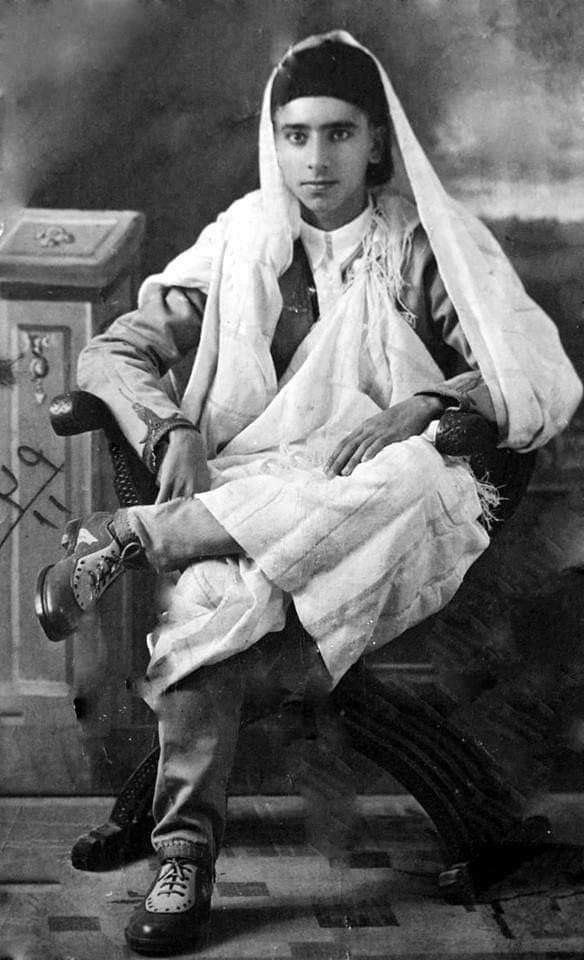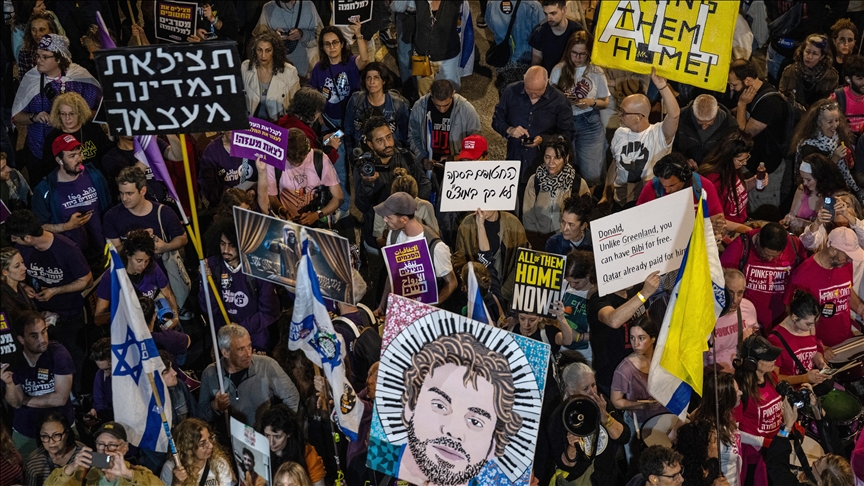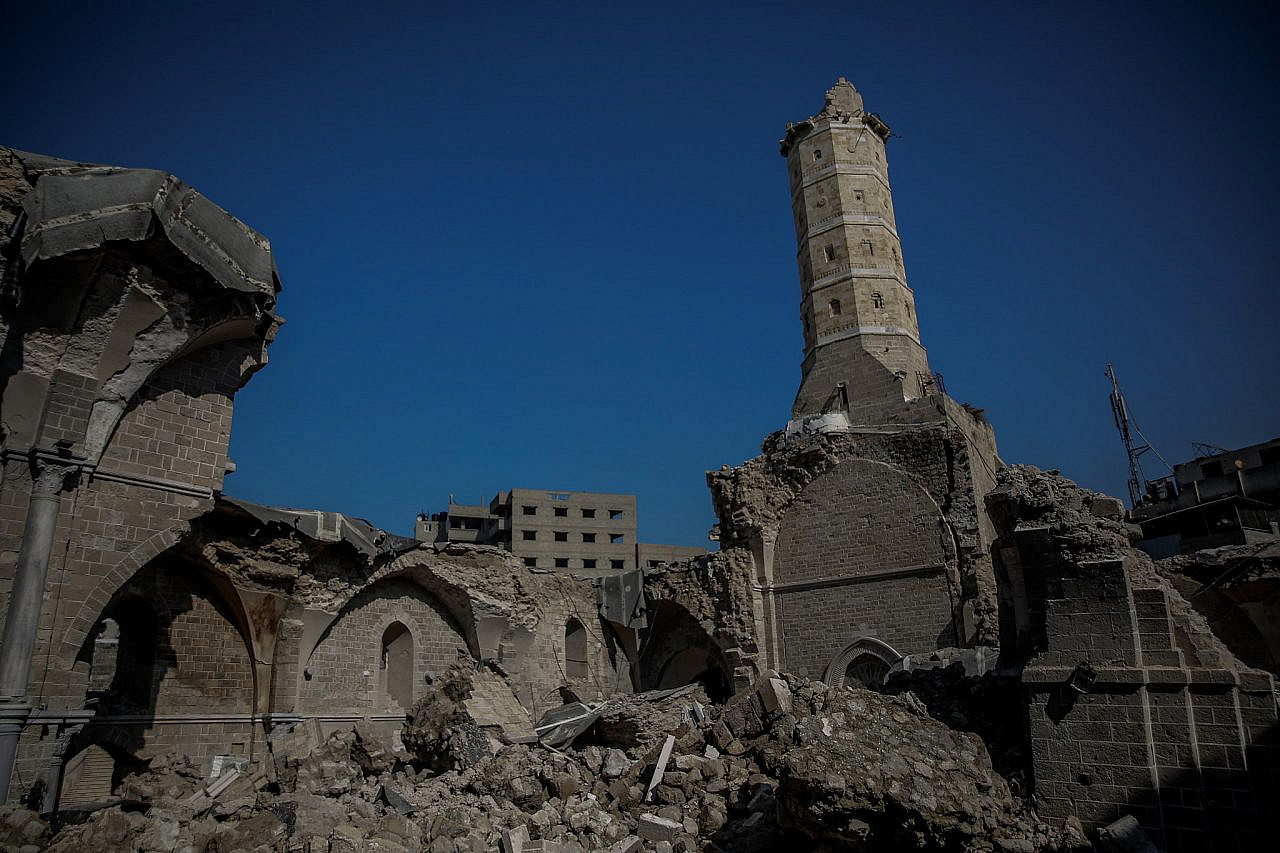
Dr Elias Akleh
The Arab world lies in one of the most important global strategic locations, controlling most of the major commercial transportation routes. It is rich in natural agricultural and industrial resources and has always been a prime target for Western colonial powers, which periodically launched military campaigns to occupy and control our world, starting from the heart of the Arab world, Palestine, known as the Holy Land, and expanding to the Levant in the north — Lebanon, Syria, Iraq, and Jordan— then to Egypt, and it’s rich in its fertile Nile River, and finally to the Arabian Peninsula in the south.
When we look back in history, we find these military colonial campaigns against the Arab world—especially Palestine—were numerous, even dating back to before Christ, such as the campaign of Alexander the Great (336 BC–323 BC) and the Roman colonial rule (63 BC–324 AD). Moving on to the ages after Christ, we recall, for example, the eight Crusades over nearly two centuries (1096–1291), followed by Napoleon Bonaparte’s campaign (1799–1801), and finally the Talmudic Zionist campaign initiated by Theodor Herzl in 1896, which continues into the present day.
These post-Christ colonial campaigns were primarily charged with religious fervor and can be termed as religious wars. In fact, Pope Urban II in 1095 described them as a “holy war” to liberate the holy city of Jerusalem from the “brutal” Muslim Arabs. As for Napoleon Bonaparte, who was defeated at the walls of Acca, he promised the Jews he would help them reach the “Promised Land,” holy Jerusalem, if they aided him in his colonial campaign.

Finally, at the present time, Britain, France and Germany came first, followed by all the US presidents who started supporting Zionist colonialism financially, politically and militarily to “recover” the “Promised Land” promised by a “racist” god biased towards the Jews to “rebuild” the alleged Temple of Solomon in the city of Jerusalem and to build Greater Israel.
All these colonial campaigns attempted to divide the Arab world into small, weak states by perpetrating genocides against their many Arab peoples. They destroyed and burned cities, tortured and killed civilians, and raped women, girls, and even boys, just as Zionist Israel is doing now in Palestine. However, past genocides cannot be compared to the brutality and brutality of the Zionist genocide against the Arabs of Palestine, from 1947 to the present day, due to the power of modern, highly destructive and lethal weapons.
The Arab nation was able to defeat all past colonial campaigns because of the people’s sense of belonging to their homeland and their unity, undivided by distance or borders, and led by brave, honorable, national leaders who sought the best for the entire nation.
The western colonialists noticed this inherent sense of belonging within the nation and decided to target it. After World War II, Britain, then the Great Power, agreed with France in the Sykes-Picot Agreement, to break the pact it signed with Sharif Hussein bin Ali. This agreement divided the Middle East into small states, appointing rulers loyal first to Britain and then to the current American administrations.
To further weaken these Arab states, the Western Axis powers divided the economies and financial systems of these states, rendering them alien and compete with each other. They also sowed division and religious, regional, and ethnic animosity among the Arab nation, allowing Zionist colonialism to penetrate the Arab world, beginning with Palestine.
Unfortunately, most Arab leaders failed to attempt to restore Arab unity and unify the people, economy, and currency, as the late Egyptian President Gamal Abdel Nasser attempted to. Instead, what was spread was division, hatred, competition, animosity, and even war among Arab peoples, as has happened in Lebanon, Iraq, Syria, and Yemen, and what is currently happening in Arab African countries such as Libya, Algeria, Morocco, and Sudan.
Worst of all is the spread of the philosophy of distancing oneself from the problems of any neighboring Arab country. Some leaders consider that the wars that take place in a neighboring Arab country do not concern them as long as these wars do not affect their country, even in the short term. We see this now clearly in what is happening in Palestine, especially the extermination of the Arabs of Gaza.
The heads of neighboring Arab countries are trying to convince their people that their national interest requires non-interference and to distance themselves to avoid destructive wars and to leave the Palestinians to resist the Israeli occupation alone.
Israel, launching pad
It would be better for these leaders to warn and inform their people that Israel is a launching pad for a broad western colonial campaign aimed firstly at destroying the Arab homeland and colonizing it by planting Zionist terrorism in the form of the Israeli entity which aims to expand from the Nile to the Euphrates, from the far south of the Nile – on the Sudan borders – to the far north of the Euphrates – to the Turkish borders – to build what is called Greater Israel in the Promised Land promised by a racist land broker god to a criminal, savage, genocidal people.
Secondly, for this Zionist entity to grow from Great Israel to Greater Israel it is going to move to the south to include all of the Arabian Peninsula – to recover Khaybar and Yathrib and their dependencies – then move west to the northern coast of the African continent, extending to Morocco and control the entire Arab world, monopolizing the most important strategic locations internationally, and global maritime trade routes between East and West, including the Strait of Hormuz on the Persian Gulf to the Arabian Sea, passing through Bab al-Mandab Strait to the Red Sea, then via the Suez Canal to the ports of occupied Palestine, and from there to the Western world via the Mediterranean Sea to Europe. And across the Giberalter Strait to the Americas – the ultimate goal of the Greater Israel Project.
All we have to do is listen to and understand the Israeli (and American) statements, both public and broadcast, clearly and vociferously, that the goal of Israel and the West is to exterminate all Arabs, just as they did to the Native Americans—they call them Red Indians— to build Greater Israel and control the Arab world and its natural resources. The evidence of these goals is clear, such as the destruction of Iraq and the theft of its wealth, and the establishment of American military bases along the Arab states on the western coast of the Persian Gulf.
We also witnessed how the Western colonial powers destroyed, divided, and weakened Libya and stole its wealth, then spread enmity between Algeria and Morocco, waged a war of extermination in Sudan, and then divided Syria and Lebanon, weakened Jordan, and effectively occupied it with American, British, and French military bases. All that remains is Egypt, which is subjected to economic occupation through conditional World Bank debt and by allowing other countries to purchase Egyptian land, real estate, and companies, which will ultimately lead to Egypt’s economic collapse.
Many people from all over the world, regardless of their ethnicity, religion, or language, are taking to the streets in massive, daily and weekly marches and demonstrations in solidarity with the Arabs of Palestine, against Israeli brutality, against Western countries, and against their own governments, which fund and supports Israel politically and militarily.
They wonder why the Arab peoples don’t take to the streets in solidarity with the Arabs of Palestine, demanding that their Arab governments personally intervene to protect and assist the Palestinians, instead of these governments begging for assistance from the powerless United Nations. Have the Arabs lost their humanity and solidarity with their Arab brothers in Palestine, or are they simply cowards and selfish and unable to do anything?
Dr. Elias Akleh is a Palestinian writer who contributed this article the Arabic Al Rai Al Youm website. This is a translated piece that was slightly edited at the end for the sake of brevity.

 ” Ridley (@yvonneridley)
” Ridley (@yvonneridley) 





